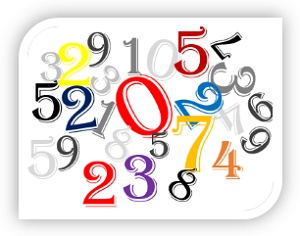Time limit 2000/4000/4000/4000 ms. Memory limit 65000/65000/65000/65000 Kb.
Question by Ibrahim Mesecan.
Sequential Numbers
 Your chemistry professor needs to process a series
of numbers for her research. She needs to count the
number of numbers which are greater than its previous
and smaller than its next.
Your chemistry professor needs to process a series
of numbers for her research. She needs to count the
number of numbers which are greater than its previous
and smaller than its next.
Question:
Write a program that is going to read a number series.
Then, your program will count and print the
number of numbers which are greater than its previous
and smaller than its next.
Input specification
You will be given an integer (n) the number
of numbers where 0 ≤ n ≤ 3000. Then in the
following n lines you will have n numbers
where each number is between 1 and 10e8.
Output specification
Show just one number: the number of numbers
which comply the given criteria.
Sample Input I
8
4
5
6
6
9
2
3
7
|
Sample Output I
2
|
Explanation:
- 4 is the first number, so it doesn't have a number before
- 6 is greater than 5 but not less than 6
- 9 is greater than 6 but not less than 2
- 2 is not greater than 9
- 7 is the last number, so it doesn't have a number next
There are only two numbers 5 and 3.
Для отправки решений необходимо выполнить вход.
|